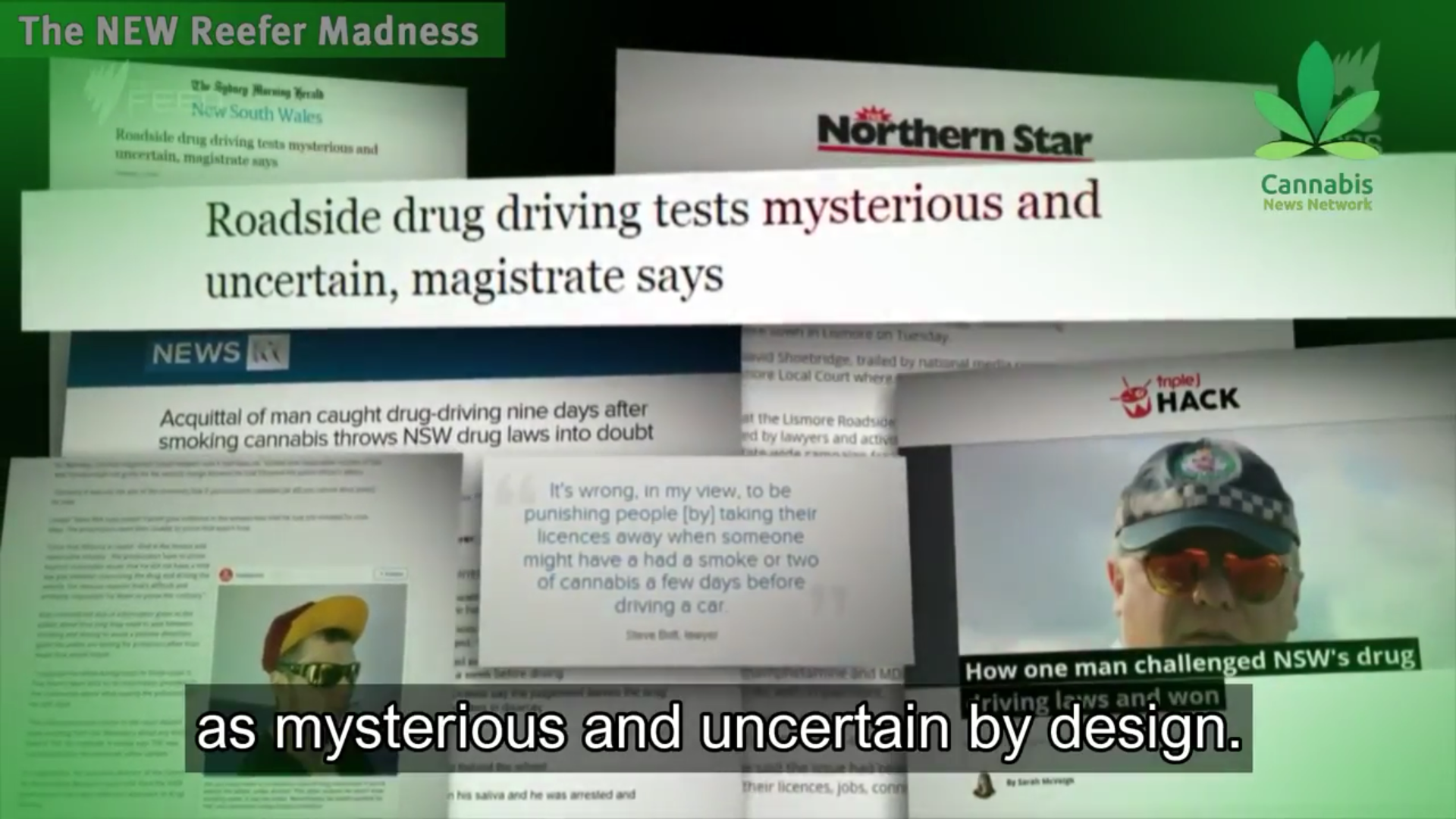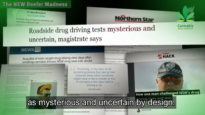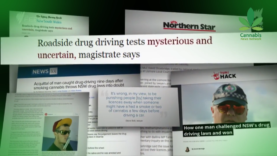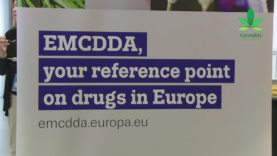Reefer Madness on the Road | Cannabis and Driving | Cannabis News Network
In times of the holidays, the police are checking drivers for alcohol and now more than ever also for drugs! Cannabis consumers, recreational and medical are not really aware of the consequences. Millions of people around the globe are facing serious consequences, losing their driver’s license, their jobs, facing high penalties and even imprisonment when using cannabis in their lives and driving.
As (medical) cannabis legalization continues to roll out across the planet, governments have a hard time adapting to the idea of driving under the influence (DUI). And while driving under the influence should never be promoted, most governments sadly lack a basic understanding of how cannabis works. Patients are fined and losing their license, while recreational users can get positively tested days after using cannabis.
Reefer Madness on the road…
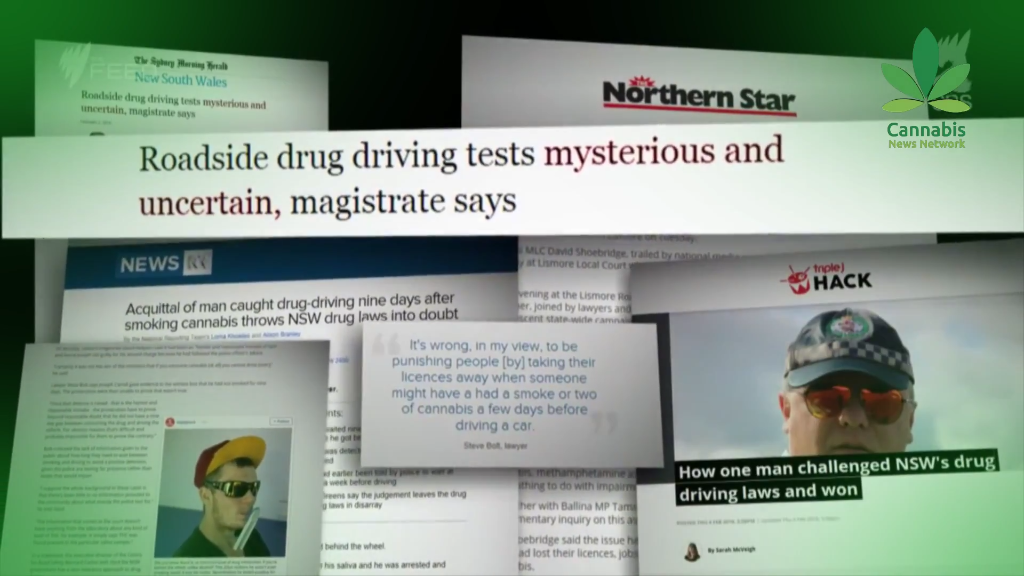
Whereas governments tend to treat a cannabis DUI like an alcohol DUI, they should be treated separately for various reasons.
First and foremost should be looked whether cannabis really impairs driving. Of course, driving on cannabis after your first time consuming is never a good idea. But studies and experiments have shown cannabis use does not impair driving like alcohol does.
Physically, cannabis has been known to leave trails in your blood up to 30 days after consuming. However, you’re not going to feel high 20 days after consumption and neither will it impair your driving. As such, blood tests say very little about how impaired a driver really is.
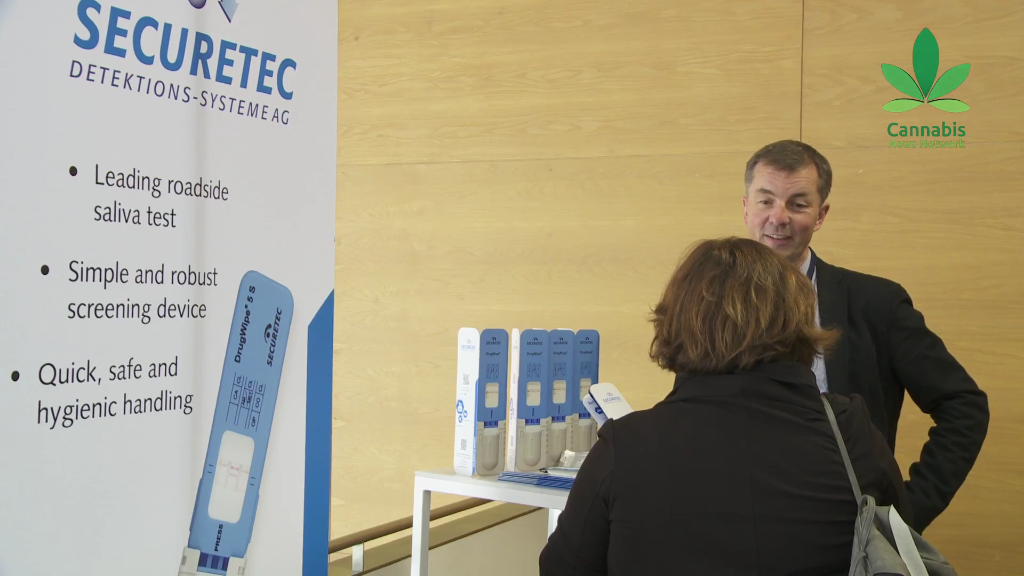
Patients
Then, there’s the troubling case of patients whom can’t drive without cannabis. Or at least, have to consume cannabis to ensure a quality of life. Whether they are actually high while being tested, is irrelevant if they have consumed in the morning to alleviate nuisances.
Research
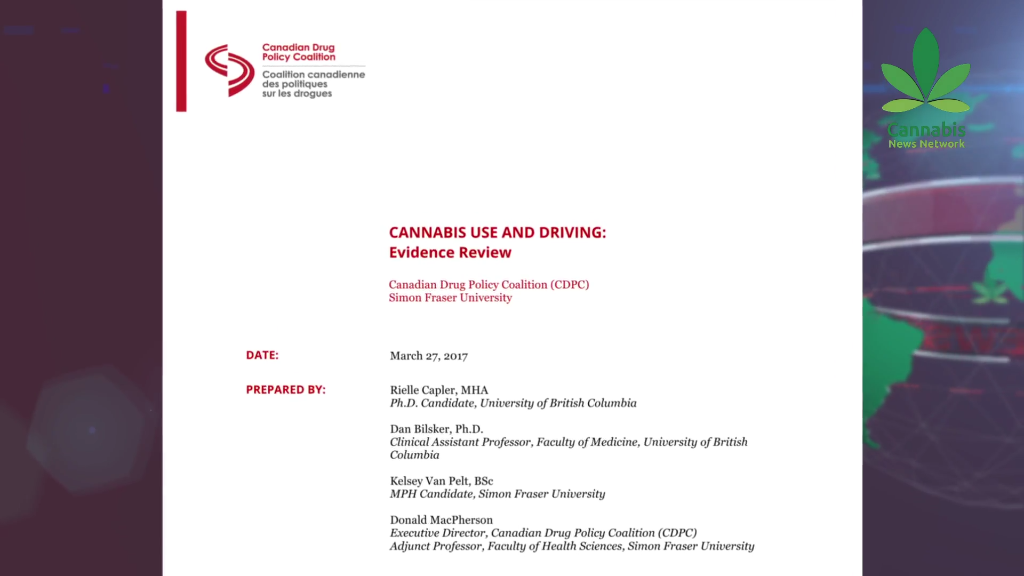
Arguably the best source of cannabis and driving, the extensive study done by the Canadian Drug Policy Coalition (CDPC), concludes:
A considerable body of research has evaluated observational impairment tests under controlled conditions and has demonstrated that they fail to meet minimal standards for sensitivity or specificity. These tests do not satisfy the fundamental criteria for test validity, particularly where there are serious implications for individuals designated as impaired.
An alternative to use of observational tests to detect impaired driving capacity in individuals who may have used cannabis is to specify a blood concentration of cannabis (generally defined as a certain concentration of THC in whole blood or blood serum) that has been reliably linked to impaired driving capacity. This approach allows physiological measurement to be used as a proxy for functional impairment. The research data supports the specification of a threshold level of THC concentration in blood that may be taken to indicate driving impairment, with 7-10 ng/mL in serum as a defensible level. This level has been recommended by expert panels and it is designed to minimize the risk of entangling medicinal cannabis users in the net of legal enforcement. Medical cannabis medications, like other prescription medications, can use label warnings and advice from a medical professional to educate the patient about the medicine’s effect on their driving ability. However, blood testing remains at an early stage and is difficult to interpret so as to generate a precise comparison to the per se level set for alcohol.
A recent development has been the testing of oral fluid, with the hope that it could serve as a roadside test that would be a proxy for impairment through its correlation with blood levels of THC. However, research has shown that oral fluid concentrations of THC cannot be extrapolated to blood concentrations so that it is not possible to set a per se level for oral fluid that would indicate likely impairment due to cannabis use. To establish a meaningful and appropriate per se level for biological testing, this kind of data must be thoughtfully considered in light of anticipated costs and benefits to society.
International Symposium on Drug-Impaired Driving
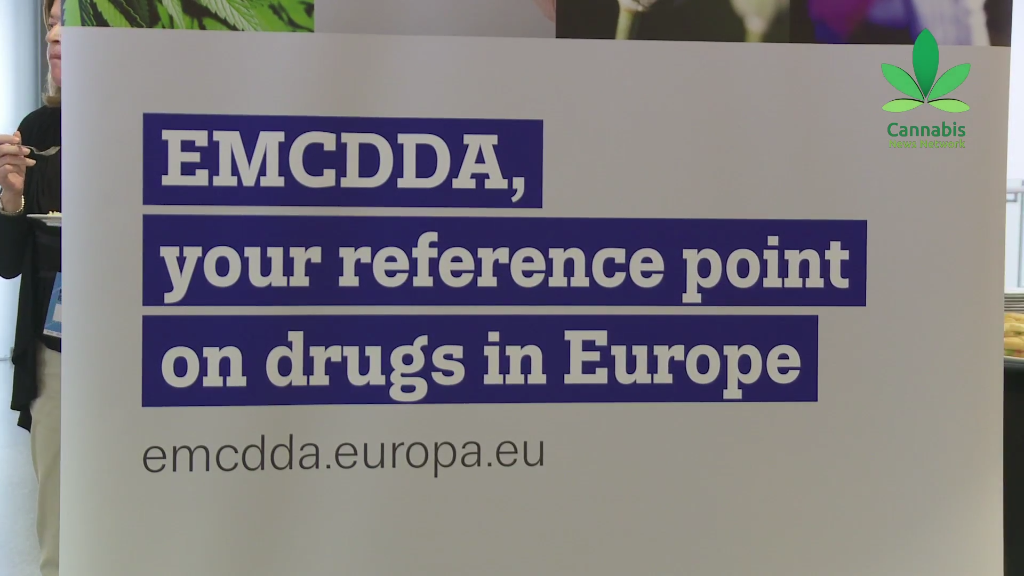
For this special on cannabis and driving, Cannabis News Network attended the the third international symposium on drug-impaired driving in Lisbon and got to speak with various experts, including: Doug Beirness (Canada, Senior Research & Policy Analyst and Advisor, Canadian Centre on Substance Use and Addiction), Jan Ramaekers (The Netherlands, Professor of Psychopharmacology and Behavioral Toxicology, Maastricht University), Brendan Hughes (EU, EMCDDA, specialist narcotics law) and Darrin Grondel (USA, Governors Highway Safety Association GHSA).
For this publication, various sources have been used including the Deutscher Hanverband (DHV), New Zealand Drug Foundation, VICELAND, Transport Accident Commission Victoria, Colorado Department of Transportation, Cox Automotive Canada, Keith Ho, The Canadian Press, The South Bayview Bulldog and Denver7 – The Denver Channel.


